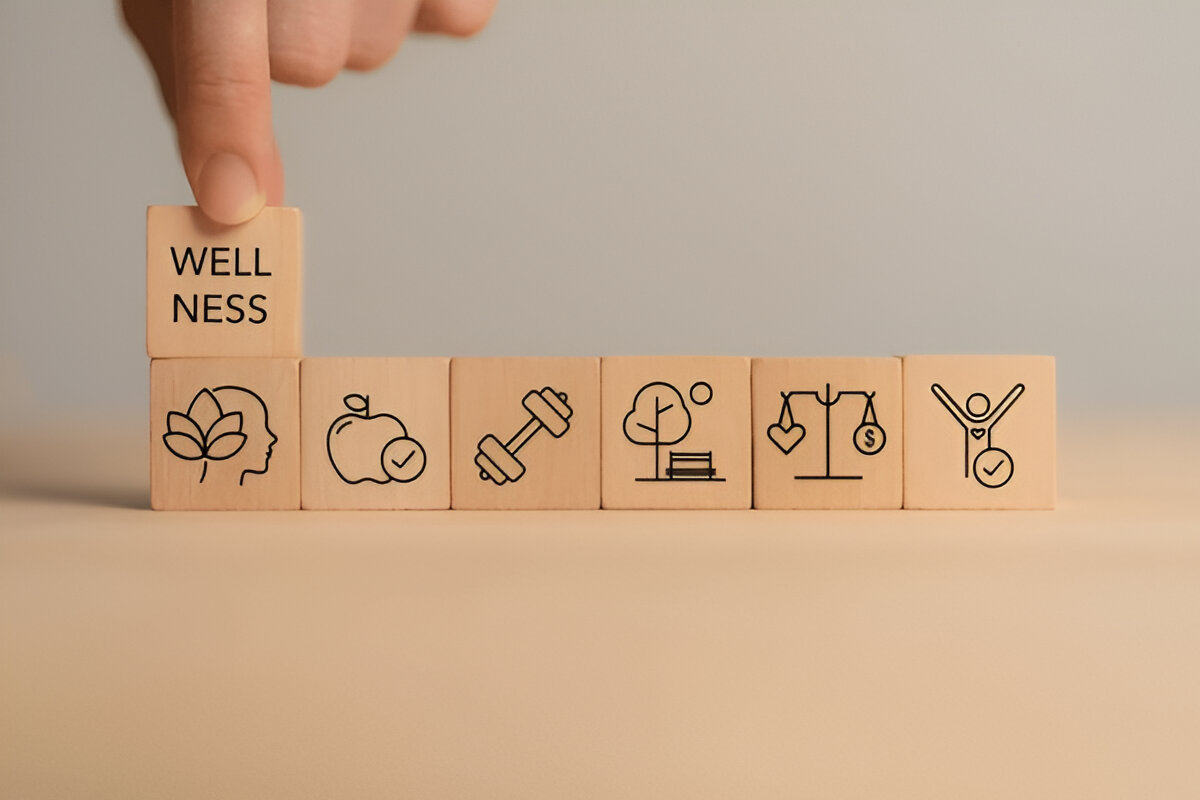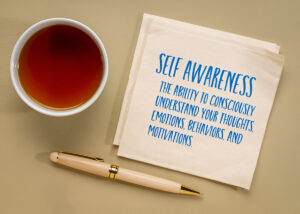Resilience isn’t about never feeling stressed, anxious, or disappointed—it’s about bouncing back stronger when life throws you a curveball.
Think of resilience like a muscle: the more you train it, the stronger it gets. And just like physical fitness, mental fitness is built through consistent daily habits.
Here are seven simple but powerful mental habits you can start practicing today.
1. Start the Day With an Intention
Before you dive into your to-do list or check your phone, pause and set a clear intention for the day.
It can be as simple as:
- “Today I will stay calm under pressure.”
- “Today I will look for the positive in every challenge.”
Why it works: An intention acts as a mental anchor, helping you stay focused and grounded no matter what happens.
2. Practice the 3-3-3 Gratitude Rule
Every morning or evening, list:
- 3 things you’re grateful for
- 3 things you accomplished (big or small)
- 3 things you’re looking forward to
Why it works: Gratitude shifts your focus from what’s missing to what’s working, boosting emotional stability.
3. Build Micro-Moments of Mindfulness
You don’t have to meditate for an hour. Instead:
- Take three deep breaths before responding to an email.
- Notice the taste and texture of your food for the first few bites.
- Feel your feet on the ground before a meeting.
Why it works: Mindfulness reduces reactivity and keeps you present, which is essential for handling stress effectively.
4. Reframe Stress as a Challenge
Instead of thinking, “This is overwhelming”, try:
- “This is a challenge, and I have tools to face it.”
Why it works: Your perception of stress changes your body’s response. Viewing stress as a challenge can improve focus, energy, and performance.
5. Practice Self-Compassion
When you make a mistake, speak to yourself as you would to a friend. Swap:
- “I’m so stupid for messing that up”
For: - “That didn’t go as planned, but I can learn from it.”
Why it works: Self-compassion reduces burnout and helps you recover faster from setbacks.
6. Limit “Mental Junk Food”
Be mindful of what you feed your mind—news overload, toxic social media, or constant negative conversations.
Replace some of it with uplifting podcasts, inspiring books, or time in nature.
Why it works: Your mental inputs influence your mood, mindset, and overall resilience.
7. End the Day With a Win
Before bed, write down one win from the day—even something small like sending that email you’ve been avoiding.
Why it works: Ending on a positive note reinforces a sense of capability and progress, making it easier to wake up motivated.
Final Thought
Resilience isn’t built in a crisis—it’s built in the small choices you make every day. By practicing these habits consistently, you’re not just preparing for tough times—you’re training your mind to thrive in them.




